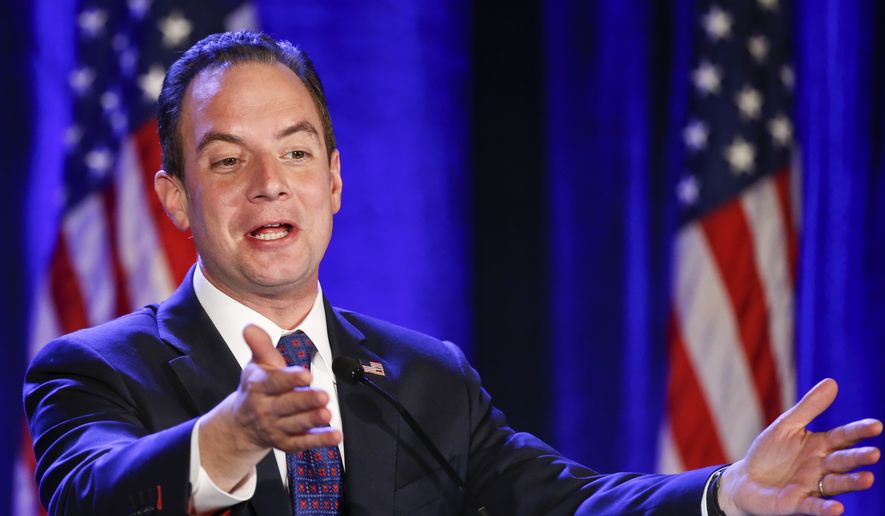Republican National Committee Chairman Reince Priebus showed real leadership after the CNBC debate last month when he announced the party was putting NBC’s future debates under review.
The moderators at CNBC were so transparently biased and hostile to Republicans that normal Americans were appalled. Even left-wing observers were embarrassed. The media’s usual role as an antagonist to Republican candidates was so blatant it could not be ignored even by Democrat partisans.
The RNC’s threat to take away further debates from NBC served as a useful warning to anyone who will conduct Republican primary debates in the future. Networks are on notice that they won’t get away with treating Republican presidential candidates like gladiators in the Colosseum. The moderators are not lions with whom Republicans can be forced to battle.
Fox Business provided the perfect contrast to CNBC’s overreach by demonstrating how moderators can run a neutral debate raising fair questions and helping voters learn about real differences between candidates. It was exactly the kind of discussion the party should expect from moderators who have the privilege to host a debate between candidates for the country’s highest office.
Hopefully the RNC’s action will mean Republican primary voters can look forward to more fair and productive debates before they cast their ballots early next year.
Unfortunately, once the party chooses a nominee, it runs the risk of sending him or her straight back to a slanted, anti-Republican debate with the Democrat candidate in the fall.
That’s because general election debates aren’t run by the parties themselves, but instead by a board of self-appointed elites — former party operatives, elected officials, journalists and wealthy Americans — that determines who gets into the debates, the rules of the debate and, most importantly, the moderators of the debate. This group’s designated moderators alone choose the topics.
This is an extraordinary amount of influence in the hands of people who are often just as hostile to Republican candidates as the CNBC crew, even if they are somewhat more subtle in their approach.
The consequences of allowing a panel of establishment figures to pick biased moderators who in turn pick all the questions asked of our presidential candidates has the potential to be disastrous for Republicans.
In 2012, Candy Crowley injected herself into the debate between Barack Obama and Mitt Romney about the president’s response to the Benghazi attack. Mr. Romney charged that President Obama had refused to characterize Benghazi as a terrorist attack for at least two weeks after it occurred. Ms. Crowley insisted that the president “did in fact” call it terrorism. Ms. Crowley was wrong, but as the moderator she had the last word on the issue. The exchange proved pivotal in muddying the sensitive issue in the run-up to the election.
Other debates have been moderated by journalists who are openly partial to Democrats. In 2008, PBS’s Gwen Ifill moderated the vice presidential debate. Three months later she published a book characterizing the election of President Obama as a “breakthrough” and a “pivotal moment in American history” — which in a certain obvious sense was true (the nation having just inaugurated its first black president). Still, it was not exactly the neutral perspective Americans should demand from a debate moderator in a presidential election.
The RNC has rightly established that it will not remain silent while left-wing debate moderators beat up on Republican presidential candidates in the primaries. The same principle should hold true for the general election. The American people deserve an honest and impartial conversation about our country’s future. Especially in a year in which we are seeing the rise of political outsiders. For a balanced debate, we need the parties and the campaigns themselves to take control – not the Washington-media establishment.




Please read our comment policy before commenting.